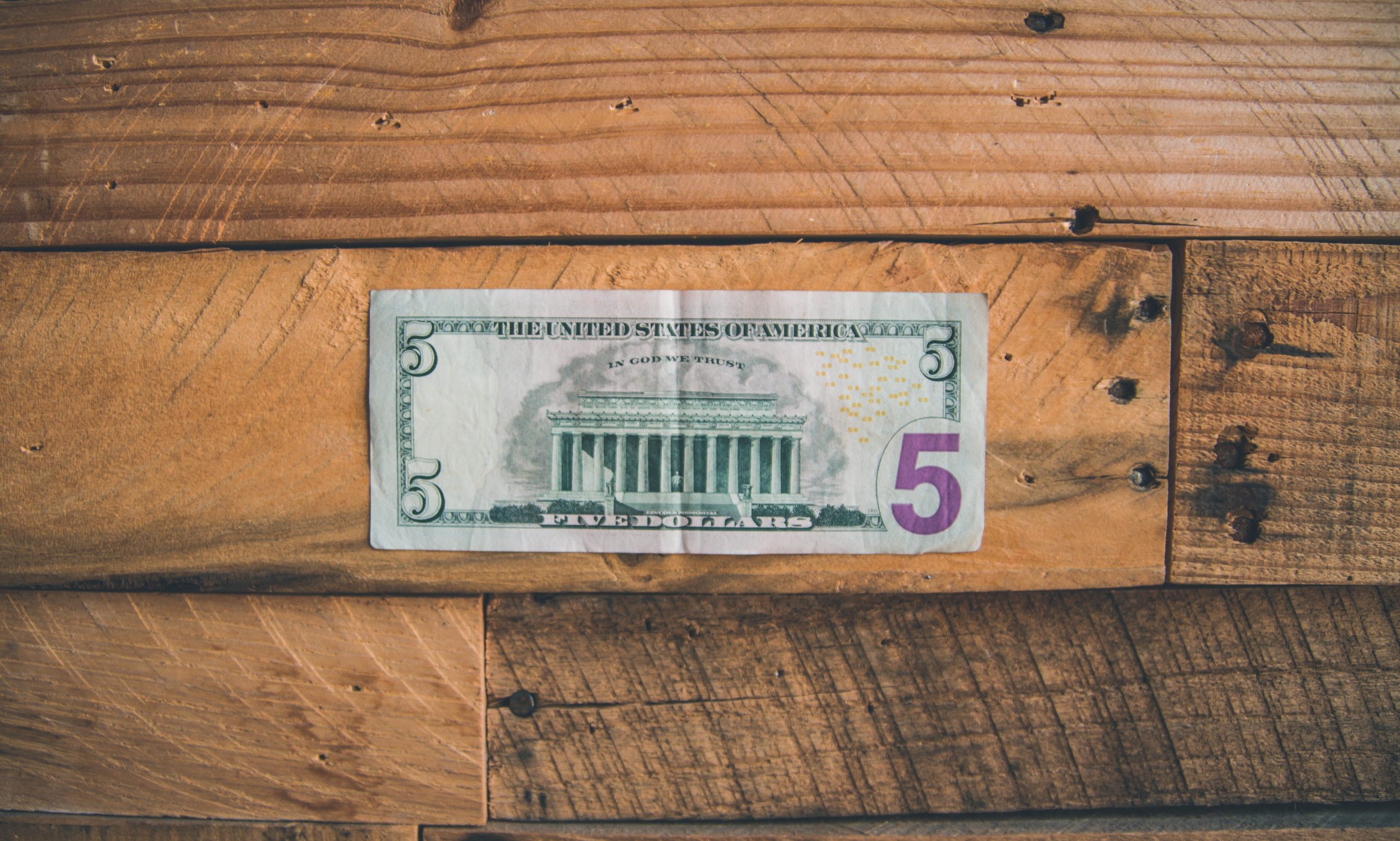Unfortunately, most businesses must deal with non-paying customers at least occasionally. You can safeguard the time and money you have invested in your business by taking several steps, both to lessen the likelihood of nonpayment and to obtain the amount owed once a customer has failed to make a timely payment.
Be Proactive
- Screen potential customers in advance. Particularly if a transaction will require the customer to make a large payment, it is worthwhile to do a little checking before entering into a contract with them. A simple internet search may reveal court records, complaints with the Better Business Bureau, or other warning signs.
- Always use a written contract. New businesses may be tempted to accept a less structured transaction out of a desire to build up a customer base, but a written contract is advantageous for both parties because it provides certainty about their rights and obligations. The payment terms, which may vary based on the industry or whether the contract is for goods or services, should be clearly spelled out. The inclusion of a late payment fee may deter customers from making late payments or failing to make payments at all. Clearly specify your refund policy to avoid misunderstandings.
- Require a deposit. This is particularly important if your business must incur substantial expenses (for example, purchases of materials or equipment) in order to provide the services or goods to the customer.
- Promptly send non-payment notices. Continue to reissue invoices marked “past due” until the customer pays the amount owed.
- For a customer who has been problematic in the past, consider requiring full payment prior to delivery of the goods or services.
- Stop doing business with customers who are repeat offenders.
After Non-Payment Has Occurred
- Try to work with the customer to resolve the situation. Particularly if the customer has simply hit a rough patch, try to establish a payment plan allowing the balance due to be paid over a clearly established period of time.
- Make sure all communications are in writing, and retain all records regarding the transaction. If you talk to the customer on the phone, follow up with an email memorializing any verbal agreement you have reached regarding payment.
- If the non-paying customer is another business, contact the Better Business Bureau to file a report.
- If your other efforts have failed, turn to an experienced business law attorney. A demand letter from a business law attorney will carry extra weight and may spur a delinquent customer to take action. If not, you may need to file a lawsuit to recover what is owed to your business.
- If the non-paying customer has filed for bankruptcy, you need to file a proof of claim within 70 days. Unfortunately, once a bankruptcy proceeding has begun, you must cease all efforts at collection.
Give Us a Call
If you need help drafting a contract containing terms that will best protect your business against the risk of nonpayment or if you need to take action against a non-paying customer, we can help. Contact our office today to set up a consultation.
